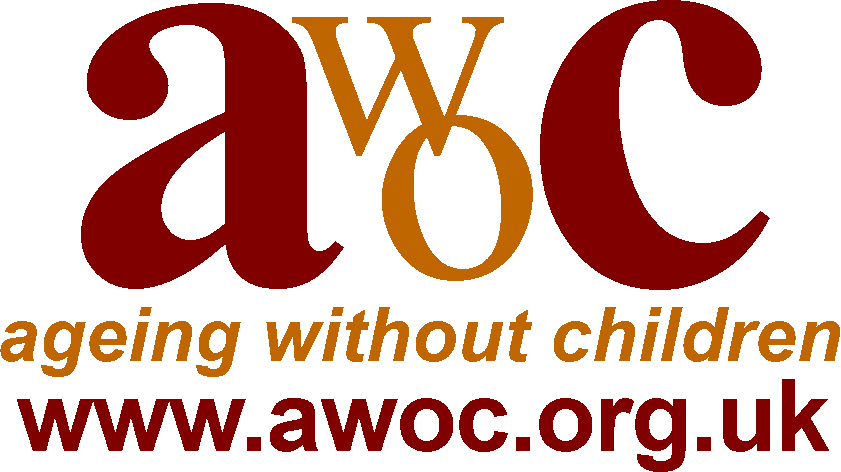STATISTICS
FACTS & FIGURES
-
The number of people over 65 without adult children is set to rise from over 1.2 million at the present time to 2 million by 2030.
-
This compares to 850,000 living with dementia at present, not set to rise to 2 million until 2051.
-
The number of women who have not become mothers has more than doubled in a generation, from 9% of those born in the 1940s to 19% of women born in the 1960s. It is estimated that 25% of women born in the 70s will not be mothers. Although the Office of National Statistics does not record data on how many men become fathers, it is estimated that around 23% of men over 45 are without children.
-
Despite a number of high-profile, celebrity gay and lesbian parents, this is by far the exception – in the LGBT community it is estimated that 90% are ageing without children.
-
An estimated 85% of people with disabilities have no children at present. The number of older people with disabilities who live alone and have no child is projected to rise by nearly 80 % by 2032.
-
People ageing without children are up to 30% more likely to be carers for elderly parents.
-
People ageing without children are 25% more likely to go into residential care, and at an earlier age and lower level of dependency.
-
People ageing without children generally have poorer health and have a life expectancy of up to 2 years shorter than those who are parents.


WHAT DOES THIS MEAN?
Over the next 20 to 30 years there will be unprecedented numbers of people without children reaching oldest old age. Policy and planning, which at present is focused on older people being supported by their children or grandchildren, will not meet this need. This risks leaving individuals ageing without children dangerously unsupported.
It cannot be assumed that wider family networks will “step up” in the absence of children because an overall lower birth rate means there will be fewer people available within families and wider family networks tend to fall away as care needs get higher. Nor can it be assumed that partners will be available or able to provide the required support (they may have their own health or care needs or that such support will be offered by close friends or neighbours).
This means that that there will be a greater reliance on formal care services by people ageing without children at a time when such services have never been under more intense pressure. Public spending reductions and difficulties in recruiting and retaining staff mean that residential care homes are closing, private sector providers are handing back contracts and voluntary organisations, which themselves face cuts, are struggling to cope with the additional demand on their services. The crisis in formal care services has serious consequences for people ageing without children who are more likely to need them than those who have adult children.
People ageing without children who need care and support in later life face significant barriers including:
-
Having no-one to advocate for them or mediate with health and care services or curate their care;
-
Having a lack of informal support networks compared to those with adult children; and
-
Shrinking state provision for older people generally.
To overcome these hurdles, people ageing without children need targeted interventions that accommodate the lack of family support available to them.



